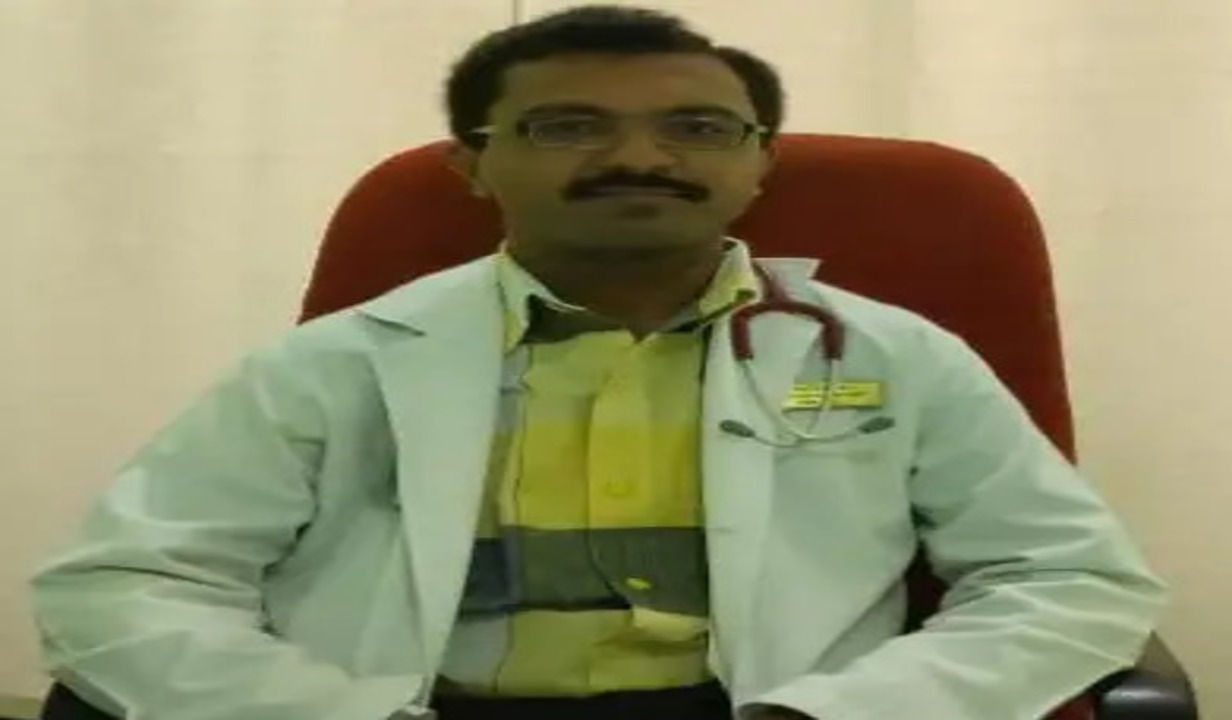Diabetes Management
Can One Eat Radish During Navratri Fasts?
2 min read
By Apollo 24|7, Published on - 20 October 2023, Updated on - 27 October 2023
Share this article
0
0 like

Navratri, a festival celebrated with great fervour and devotion in India goes on for nine days. During this festival, many people observe fasts as a way to purify their bodies and minds. These fasts typically involve avoiding certain foods, and the specific dietary restrictions can vary from person to person. While there are numerous rules and traditions regarding fasting during Navratri, one common question that arises is whether it's permissible to consume radishes.
Radishes are a type of root vegetable that comes in various colours and sizes. They are often used in salads, snacks, and even cooked dishes. When it comes to Navratri fasting, the acceptability of radishes depends on the individual's beliefs, customs, and specific rules they follow. Here are some key factors to consider when deciding whether radishes can be a part of your Navratri fasting diet:
1. Regional and Cultural Variations
Navratri traditions can vary by region and community. In some regions, radishes may be considered acceptable during fasting, while in others, they might be prohibited. It's essential to be aware of the customs and practices specific to your community or the region you belong to.
2. Root Vegetables and Fasting
In many Hindu traditions, root vegetables like radishes, potatoes, and carrots are usually avoided during fasting. This is because fasting is often associated with refraining from consuming foods that grow underground, as they are believed to be tamasic (having qualities of darkness, ignorance, and lethargy). However, some individuals and communities may permit certain root vegetables during their fasts.
3. Nutritional Benefits
Radishes are low in calories and rich in essential nutrients like vitamin C, fiber, and antioxidants. They can provide a healthy and refreshing addition to your fasting meals if allowed by your customs.
5. Moderation
If you decide to include radishes in your Navratri fasting diet, it's essential to consume them in moderation. Overindulging in any food, even those permitted during fasting, may not align with the spiritual and health goals of the fast.
Conclusion
In conclusion, the permissibility of eating radishes during Navratri fasts can vary based on regional customs and individual beliefs. It's crucial to respect and follow the traditions of your community and family. If radishes are allowed in your fasting guidelines, you can enjoy their nutritional benefits while observing the spiritual significance of the fast. However, if you follow stricter fasting rules that exclude root vegetables, it's advisable to adhere to those guidelines. Ultimately, Navratri fasting is a personal and spiritual journey, and the dietary choices you make should align with your customs and beliefs.
Diabetes Management
Consult Top Diabetologists
View AllLeave Comment
Recommended for you
.jpg?tr=q-80)
Diabetes Management
Orange and Diabetes: A Nutritional Perspective and Consumption Guide
If you're juggling with diabetes and wondering whether oranges are a safe bet, the answer is yes! When consumed in moderation and as part of a balanced diet, oranges can prove beneficial in diabetes management. Always opt for whole oranges over juice and pair them with proteins to slow down carb absorption. Remember, managing diabetes is about making smart food choices consistently. Consult with your doctor or a dietitian for personalized advice, and consider enrolling in comprehensive programs like the Apollo Super 6 for ongoing support in managing diabetes.
%20(2).jpg?tr=q-80)
Diabetes Management
High-Fibre Foods for Diabetic Individuals
Diabetes management need not be daunting. Incorporating high-fibre foods into your diet can help effectively manage blood sugar levels. Consider enrolling in a personalised diabetes management programme such as Apollo’s Super 6 for better support and guidance on effectively managing diabetes.
.jpg?tr=q-80)
Diabetes Management
What Are The Benefits Of Diabetes Support Groups?
Managing diabetes need not be a solitary journey. Joining a diabetes support group can provide much-needed emotional support, practical resources, motivation, and a sense of community. By sharing experiences and learning from others, you can build healthier habits and improve your coping skills, leading to better health outcomes. Consider joining a support group today for a more empowered tomorrow. Additionally, for comprehensive diabetes management, consider enrolling in the Apollo Super 6 programme.
Subscribe
Sign up for our free Health Library Daily Newsletter
Get doctor-approved health tips, news, and more.
Visual Stories

8 Fruits That are Incredibly Healthy for Diabetes
Tap to continue exploring
Recommended for you
.jpg?tr=q-80)
Diabetes Management
Orange and Diabetes: A Nutritional Perspective and Consumption Guide
If you're juggling with diabetes and wondering whether oranges are a safe bet, the answer is yes! When consumed in moderation and as part of a balanced diet, oranges can prove beneficial in diabetes management. Always opt for whole oranges over juice and pair them with proteins to slow down carb absorption. Remember, managing diabetes is about making smart food choices consistently. Consult with your doctor or a dietitian for personalized advice, and consider enrolling in comprehensive programs like the Apollo Super 6 for ongoing support in managing diabetes.
%20(2).jpg?tr=q-80)
Diabetes Management
High-Fibre Foods for Diabetic Individuals
Diabetes management need not be daunting. Incorporating high-fibre foods into your diet can help effectively manage blood sugar levels. Consider enrolling in a personalised diabetes management programme such as Apollo’s Super 6 for better support and guidance on effectively managing diabetes.
.jpg?tr=q-80)
Diabetes Management
What Are The Benefits Of Diabetes Support Groups?
Managing diabetes need not be a solitary journey. Joining a diabetes support group can provide much-needed emotional support, practical resources, motivation, and a sense of community. By sharing experiences and learning from others, you can build healthier habits and improve your coping skills, leading to better health outcomes. Consider joining a support group today for a more empowered tomorrow. Additionally, for comprehensive diabetes management, consider enrolling in the Apollo Super 6 programme.


